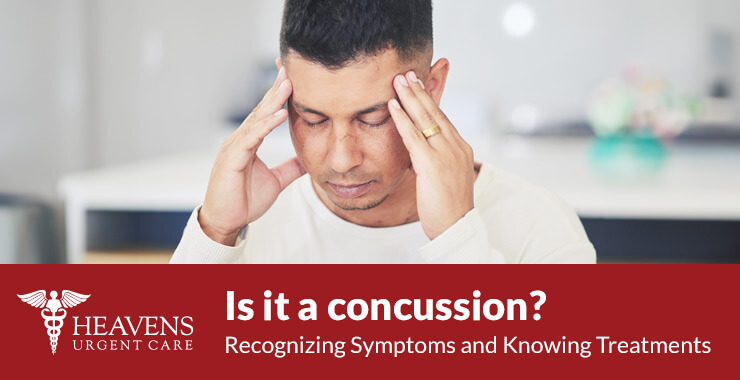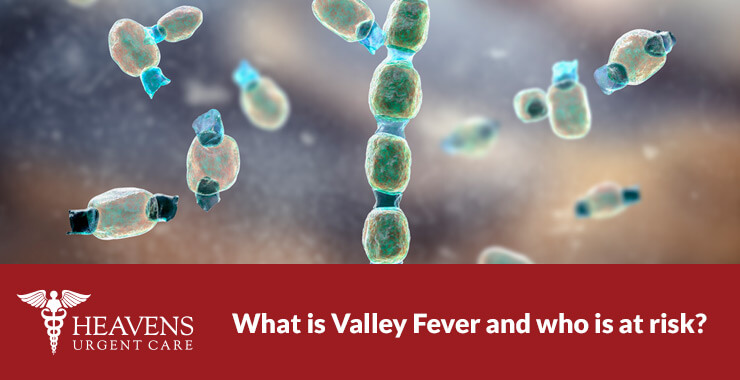Swollen lymph nodes, or glands, are a sign that your body is fighting infection. If you’re feeling sick, you may notice some swelling or bumps on the sides of your neck, but don’t worry too much because swollen lymph nodes are actually a good thing. For a large majority of the population, swollen lymph nodes are nothing more than a sign that your body is busy fighting off illness, injury, toxins, or infection. https://royalsocietypublishing.org/doi/10.1098/rsif.2011.0751

Lymph nodes are small, kidney bean-sized lumps of tissue that are found in grape-like clusters throughout the entire body. Lymph nodes are part of the lymphatic system, which carries lymph fluid around the body. This lymph fluid absorbs waste materials like viruses and bacteria that are trying to infect the body.
The best way to describe what lymph nodes do comes down to one word: protection. Your lymph nodes act as powerful filters, trapping viruses, bacteria, and even cancer cells before they can infect the rest of your body.
Lymph nodes take a sample of the lymph fluid looking for any harmful intruders. If they find something, they alert the immune system. Once the immune system is alerted, it sends a message to the lymph nodes in the area closest to the infection (generally the neck, armpits, or groin area) to handle the problem. As the lymph node begins its work it also begins to enlarge due to inflammation.
Lymph nodes are found at the convergence of major blood vessels. Adults typically have approximately 800 nodes throughout the body, with clusters in the neck, under the arm, and in the chest, belly, and groin.
The miracle of the body’s lymphatic system is that it has several functions.
- First and foremost, protecting the body against foreign invaders. The lymphatic system produces and releases lymphocytes (white blood cells) and other immune cells that monitor and then destroy foreign invaders.
- The lymphatic system also maintains fluid levels in your body by collecting excess fluid that drains from cells and tissue throughout the body, returning it to the bloodstream, which is then recirculated through your body.
- Lymph absorbs fluids from your intestines that contain fats and proteins and transports them back to your bloodstream.
- Finally, the lymphatic system transports and removes waste products and abnormal cells from the lymph.
Symptoms to Watch
Many illnesses and infections can cause swollen lymph nodes. They include colds, flu, mononucleosis (mono), and strep throat. Watch for these symptoms:
- Runny Nose
- Sore, Scratchy Throat
- Enlarged, Tender Lymph Nodes
- Fever
Lymph nodes should return to normal size when the underlying condition (mono, strep throat, or the flu) has run its course. However, occasionally it takes a few weeks for the glands to return to normal size.
When to Seek Medical Care
The first thing to remember is that it’s important not to self-diagnose. Not every person with swollen lymph nodes requires immediate evaluation by a doctor, but if you are concerned about your symptoms, please schedule a virtual consultation. https://heavens.zipnosis.com/
Although swollen lymph nodes are nearly always caused by infection or reaction to an allergy, in rare cases, swollen lymph nodes can be a sign of lymphoma, which is cancer of the lymphatic system. In the early stages of lymphoma, patients also report itchy, inflamed skin or rashes, night sweats, fever, and weight loss.
There are a few other things to look out for to help your medical provider spot the difference between an infection or something more serious:
- Swollen glands caused by an infection normally go down to normal size within two or three weeks. Any longer than that, or if your symptoms are not improving with antibiotics, see your medical provider.
- Surprisingly, when lymph nodes are tender, red, or warm it’s actually a good sign of infection of the node. Painless lumps, on the other hand, should be checked out by a medical provider.
- Lymph nodes that are around 1 or 2 inches or bigger are not normal and should be carefully inspected by a medical provider.
- Also, if the swollen lymph glands are close to your elbow, collarbone, or the lower part of your neck, you should also see a medical provider.
- Healthy lymph nodes feel rubberier than the surrounding tissue. Any lumps on the neck, groin, or armpits that are hard, very enlarged, and do not move when pushed may indicate lymphoma or another type of cancer.
If you’re feeling sick and have swollen lymph nodes, stop by Heavens Urgent Care. We can evaluate your lymph nodes and test for the flu, strep throat, or mono if needed. https://heavens.zipnosis.com/






